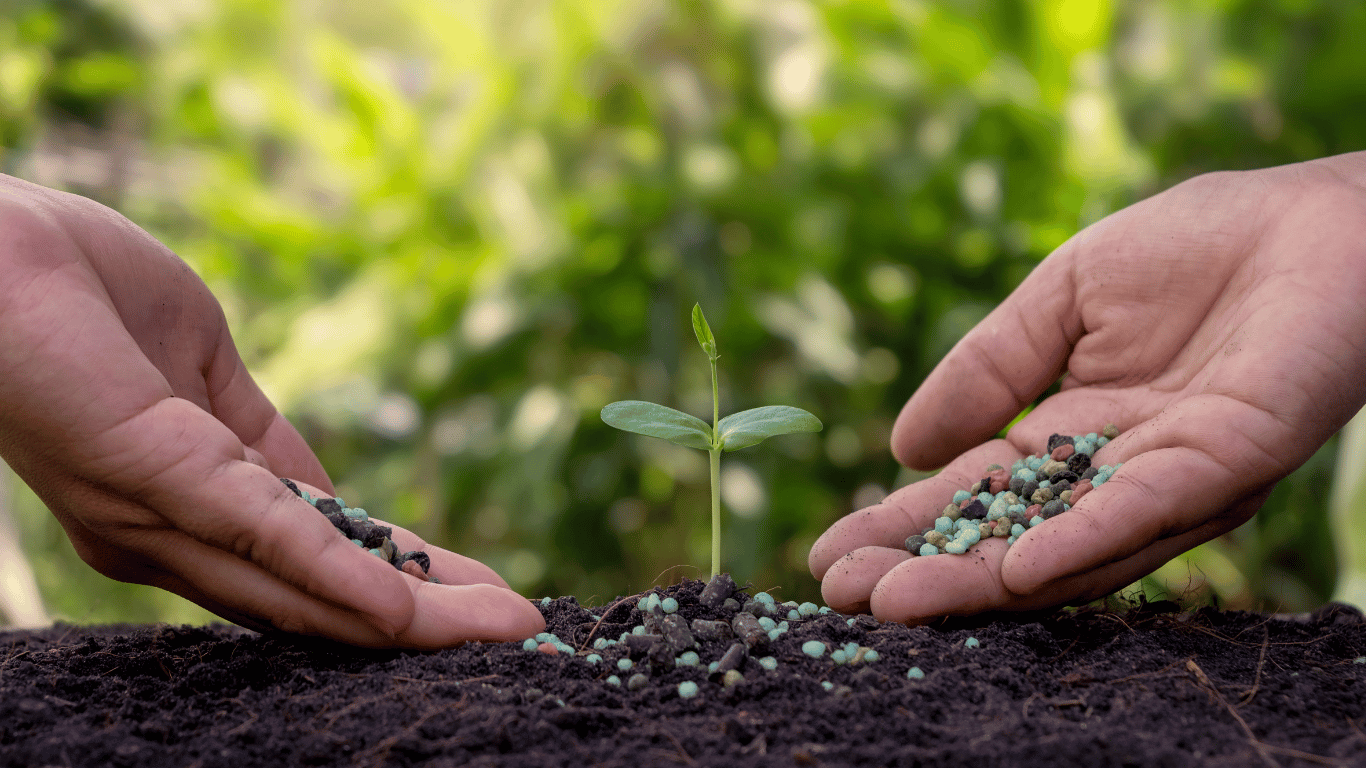Earth
Our planet is facing a critical moment in its history. With two-thirds of our oceans and three-quarters of our land damaged by human activities, the Earth is at a breaking point. The destruction of wildlife and their habitats has led to the potential extinction of one million species by 2050, accelerating the global extinction rate at an alarming pace. The consequences of this loss are far-reaching, affecting not only our ecosystems but also our economies, health, and even our survival. It is clear that we must take immediate action to protect our planet's biodiversity, as every life form, no matter how small, is essential to the functioning of our world.
The Interconnectedness of Biodiversity and Human Survival:
Sir David Attenborough aptly stated, "Every breath of air we take, every mouthful of food that we take, comes from the natural world. And if we damage the natural world, we damage ourselves."
The biodiversity of our planet provides essential ecosystem services, such as pollination of crops and water preservation, which are not only vital to our survival but also contribute significantly to the global economy. According to the World Economic Forum, these services account for more than half of global GDP, amounting to up to $44 trillion. Therefore, protecting biodiversity is not only an environmental imperative but also an economic necessity.
The Link Between Biodiversity and Climate Change:
The ongoing destruction of biodiversity not only threatens our ecosystems but also exacerbates climate change. Ecosystems, such as forests, play a crucial role in absorbing greenhouse gases, mitigating the effects of climate change. Conversely, climate change itself harms biodiversity, creating a vicious cycle. Recognizing the interconnectedness of these two challenges is crucial in addressing them effectively.
The Impact on Human Health:
The destruction of ecosystems and the encroachment into wild habitats not only disrupts the delicate balance of nature but also poses risks to human health. Diminishing sources of food, medicine, water, and oxygen directly affect our well-being. Furthermore, the exploitation of wildlife increases the likelihood of zoonotic diseases, as seen with the COVID-19 pandemic. Protecting biodiversity is, therefore, essential for safeguarding human health.
The UN Convention on Biodiversity (COP-15) and the Role of China:
From October 11th, world leaders will gather online for COP-15, a critical moment to raise the level of ambition and commitments for nature. The UN has urged countries to commit to protecting at least 30 percent of their land and sea territories by 2030. As the host nation, China has a unique opportunity to champion these goals and set a high bar for global biodiversity protection. China has already made significant progress in safeguarding biodiversity, expanding its fully protected terrestrial areas to 2.4 million square kilometers, approximately a quarter of its land mass.
UNDP's Role in Protecting Biodiversity:
The United Nations Development Programme (UNDP) is committed to finding sustainable ways for humanity to coexist with nature. Through partnerships with key organizations, such as the Adaptation Fund, the Global Environment Facility, and the Green Climate Fund, UNDP supports a $3.2 billion portfolio invested in ecosystem management and biodiversity conservation in 138 countries. In China, UNDP has collaborated with various ministries and provinces to incorporate biodiversity protection within government policies and programs. Notably, UNDP's Biodiversity Finance Initiative (BIOFIN) has expanded to China, aiming to multiply resources for conservation and improve their effectiveness.
Conclusion:
Protecting biodiversity is not a choice; it is an urgent necessity for the survival and prosperity of humankind. As world leaders gather for COP-15, it is crucial to develop a global rescue plan that sets bold goals for the next decade, transforming our environment, societies, and economies. China, as the host nation, has a vital role to play in championing these goals and leading the way towards a sustainable future. By working together and taking immediate action, we can ensure the preservation of our planet's biodiversity and secure a better future for generations to come.
